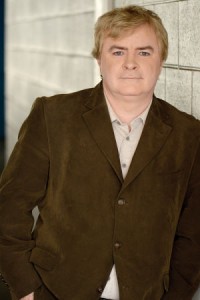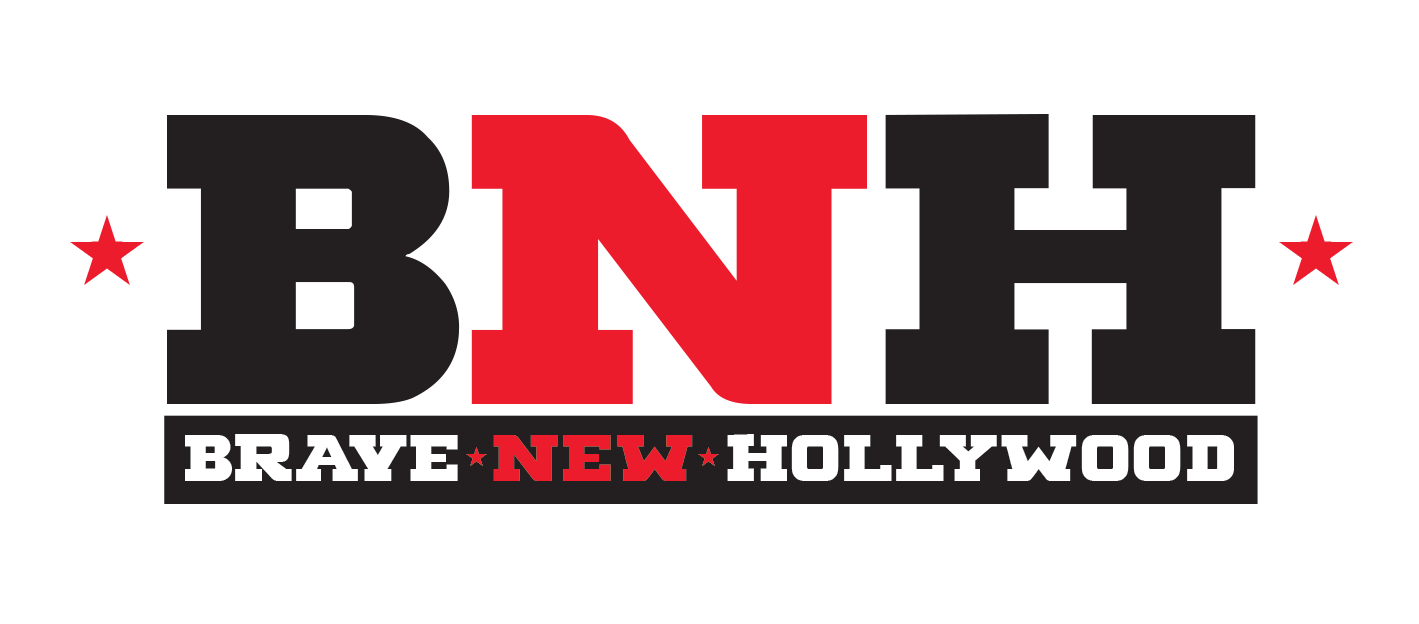
A forthcoming independently financed TV movie is already stirring up controversy and not a frame of film has been shot. With more than $2.4 million pledged from 26,500 bakers—and having surpassed its original goal of $2.1 million—“Gosnell” has become most-funded film to date on the crowdfunding website Indiegogo, surpassing efforts by James Franco (for “Palo Alto Stories,” which collected nearly $328,000, and Shemar Moore, who raised $639,000 for his romantic comedy “The Bounce Back.” (“Gosnell” had the public of actor Kevin Sorbo, who is the star of the hit Christian drama “God’s Not Dead,” Sarah Palin and other luminaries in the conservative mediasphere.)
“Gosnell” centers on Kermit Gosnell, the real-life doctor who ran “the abortion clinic from hell and was convicted on three counts of first-degree murder,” notes Deadline. He is currently serving life in prison without parole. Dr. Gosnell’s story “is used by both sides of the abortion argument to push their individual agendas,” Deadline says.

Filmmaker Phelim McAleer and his collaborators will base the script primarily on a 280-page grand jury report. “It’s a graphic story,” McAleer told the Hollywood Reporter. “Gosnell is a fascinating monster; a hoarder, mad man and megalomaniac. He’s a black man who is racist against blacks and Hispanics. He’s a real life Hannibal Lecter.” The filmmaker believes mainstream media outlets have under-covered Gosnell’s story due to bias against the anti-abortion movement. “It’s an omission that Hollywood is ignoring the biggest serial killer in American history, and we’re going to fill that gap.”
That omission, which McAleer terms “Hollywood hypocrisy,” has been the driving force behind the project’s crowdfunding and social-media campaigns. He remains incensed that Kickstarter declined to allow “Gosnell” to raise funds because, McAleer claims, the project did not conform to its guidelines. “This was shocking,” the filmmaker recalled in a FoxNews.com op/ed. “It was clear that Kickstarter had become just another part of the liberal establishment where the truth that challenged their opinions was deemed offensive and unacceptable. Kickstarter had become just another way to fund and tell the same old liberal stories.” By trying to “censor” his project, Kickstarter “missed out on making money and the excitement of being part of a record-breaking film project. But even worse, they have missed out on bringing challenging ideas and true diversity to the Kickstarter community.”
Company CEO Yancey Strickler denied the censorship claims in an interview with National Review Online. “Our team reviews every project submission. It’s not uncommon for us to provide feedback or recommend copyedits to project submissions. We’ll recommend copyedits when we see errors of fact or copy that steps beyond our community guidelines. In this case we recommended the filmmakers copyedit both a factual error and a phrase that evoked an incredibly graphic image that felt too strong for a general audience.” He notes that offending phrase—”pledge because 1000s of babies were stabbed to death”—was “voluntarily removed” by the filmmakers. “They chose to make two of the copy edits we recommended. They launched elsewhere. And then they proceeded to claim that the copyedits we recommended and they adopted were tantamount to censorship. We wish them the best of luck. But trying to make this about something it’s not, stoking a make-believe fire to incite publicity, and imaging Kickstarter as a partisan battlefield, is wrong. We exist to support creators and creativity, not a political ideology.”
It’s a matter for debate whether McAleer and his team deliberately distorted Kickstarter’s requests in order to create a storyline that would rally conservative media and fans to their fundraising campaign—or whether Kickstarter’s CEO was seeking to cover his behind—but the effort worked spectacularly well. “Gosnell” was fully funded and the story they wish to tell will be filmed without interference. Brave New Hollywood has followed this story from afar as a particularly notable example of how social media, crowdfunding and the viral, pitchforks-and-torches nature of internet culture can work in concert when all of the ingredients are in place.
CLICK HERE for “Gosnell” movie’s official website.



